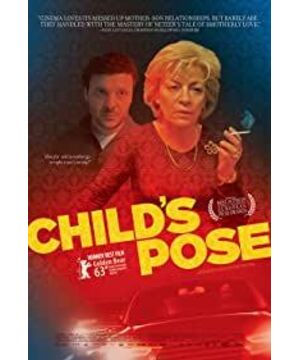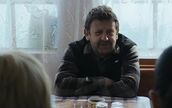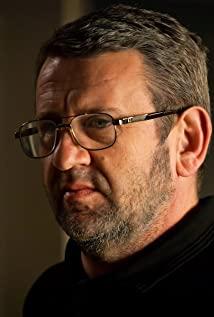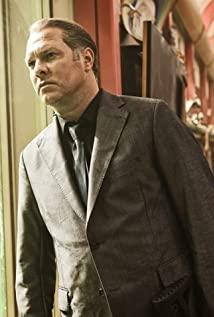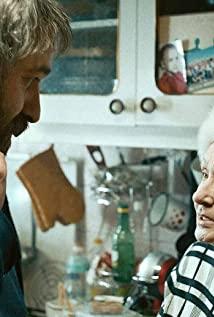No surprises, this is the best movie I've seen this year.
Its main line can be expressed in a simple sentence: two mothers lost their children at the same time. Understand this, and you will understand why this story is not a Romanian Li Moumou case. This is not to say that the film has no reference to the reality of Romania. On the contrary, in a similar social environment that is easier for Chinese people to understand, something happened, which makes it easy for us, as the audience, to feel a sense of substitution.
Those are what I like too: hand-held photography, low light, performance and facial detail, extremely precise dialogue, fountain-like character emotions with great tension - at the end, one mother, to the other The tears and shame of the unfamiliar mother, she said to her, more to herself.
Her naturally cowardly son finally got out of the car alone, shook hands with the victim's father, and what he said, the mother in the car, like us in the audience, couldn't hear. I'd like to rate this ending as a "highest" ending -- the equivalent of The Man from the Windbox, equivalent to some of Salinger's endings in Nine Stories, and Berber The end of Gehman in "Shame", Fellini's "The Blindman", the end of Li Hongqi's "Winter Holiday", the last cigarette in Yang Heng's "Betel Nut"... Of course, there are many more. .....Novelist Cao Kou's brilliant strokes in his novel about earthquakes, Han Dong's ending that made me tremble in his most precise novel "Yang Huiyan"... More importantly, this Other scenes in the movie are also worthy of this level.
Movies rely more and more on a certain kind of drama that the audience likes, scenes (which are absolutely impossible in the lives of most audiences), exaggerated and cheap bridges, more and more like a sightseeing train composed of so-called plot points--- ------In addition to not being able to truly reflect the heavy weight of reality, it also cannot reflect the secrets deep in the human mind. As for the works that can really be called artistic creations, I don’t think that on the so-called macroscopic and large-scale level, it is based on “What happened, and what happened later?” This kind of The story logic led by media thinking is not like Carver, nor is Richard Yates.
Works that are microscopic and that sting deep into our hearts (even technically, the level of microscopic and nuanced is incomparable to grandstanding and vulgar vulgar stories that rely on plot descriptions) that we fully empathize with, Depression, wandering, previous blindness, possessiveness, gains and losses under the banner of love and "It's all for your own good" as parents and children The heart is a portrayal of the role that we cannot escape on the road of life. If you are honest enough, like a baby unabashedly reaching out to her mother for comfort and safety, you may be able to understand the depression and tension brought by every minute and second of this movie, and the helplessness that life and daily life give everyone and humble. The creator's wisdom, diligence and aura are judged by high and low.
This is my masterpiece. I think it's more solid, natural and moving than "Two Days in Three Weeks in April" and "Beyond the Mountains". It has a more general meaning of depicting human nature.
View more about Child's Pose reviews


